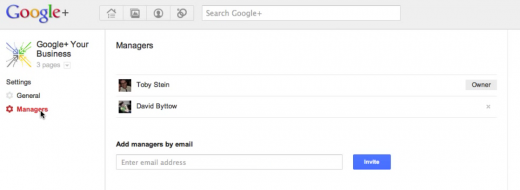ClickZ News
Facebook Killing 'Become A Fan,' Embracing 'Like'
Facebook is scaling back on the word "Fan" and ramping up usage of "Like" on brand pages. According to a confidential e-mail sent to ad agencies today, the social media site will change the "Become A Fan" button to read "Like" within the next few weeks.
When asked about the change, Annie Ta, spokesperson for the Palo Alto, CA-based company, confirmed via e-mail that the words on the button would be changed. But she wasn't able to offer other specifics about whether "Like" would replace "Fan" in other places on Facebook. "We're still working on some of the details, but brand Pages can still be referred to as 'Fan' Pages after the change," Ta replied.
Facebook, in the note to ad agencies, said it wanted to give the agencies advance notice about the change that could affect upcoming advertising campaigns or Facebook strategy.
Part of the confidential e-mail read: "Over time, as users adapt to the language change, we recommend that you invite people to connect to your Page by saying 'Find us on Facebook' or 'Like us on Facebook'. You may also choose to put more emphasis on your custom URL than you used to."
The e-mail also explained how the new "Like" button will be differentiated from the "Like" feature already seen in user updates.
How it may affect ads was also addressed in the e-mail to ad agencies. "Users will understand the distinction through explicit social context, messaging and aesthetic differences. An Engagement ad unit, capable of making connections, will feature the 'Like' button and show social context above it such as, 'John Doe and 3 of your friends like [Page Name].' Standard ad units, not capable of making connections, will simply feature the word 'Like' by itself, and may show social context above it that says 'John Doe and 3 of your friends like this ad.'"
Facebook users have been clicking the current "Like" feature nearly twice as often as the "Become A Fan" button, according to the memo. And the social site appears convinced using "Like" more often will increase engagement between consumers and brands.
The e-mail read: "'Like' offers a simple, consistent way for people to connect with the things they are interested in. These lighter-weight actions mean people will make more connections across the site, including with your branded Facebook Pages. We believe this will result in brands gaining more connections to pages since our research has shown that some users would be more comfortable with the term 'Like'. The goal is to get the most user connections so that you can have ongoing conversations in the news feeds of as many users as possible."
Scott Kleper, CTO for the San Francisco-based social marketing firm Context Optional, suggested that the change could indeed create greater engagement as Facebook intends. "Becoming a fan of a brand is perceived as a large commitment and is an important measurement metric... 'Liking' can be another great driver of awareness and an opportunity for users to show an additional form of affinity," he said.
Scores of brands, such as Coca-Cola, Starbucks, and Skittles, have cultivated online communities on Facebook.
You can follow Christopher Heine on Twitter at @ChrisClickZ.




